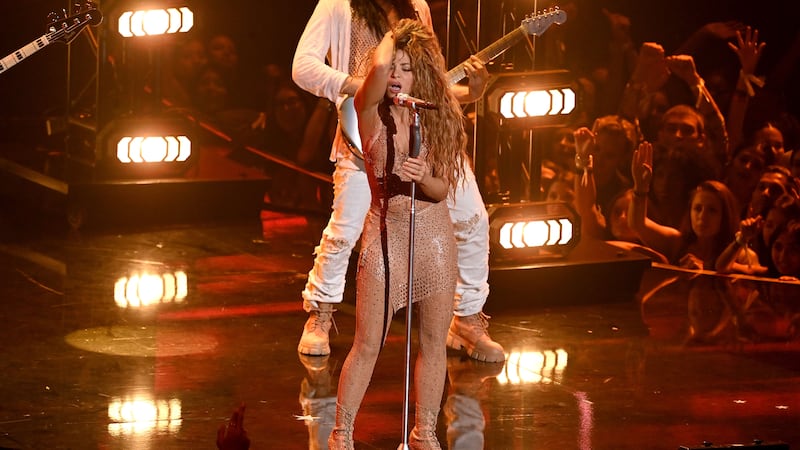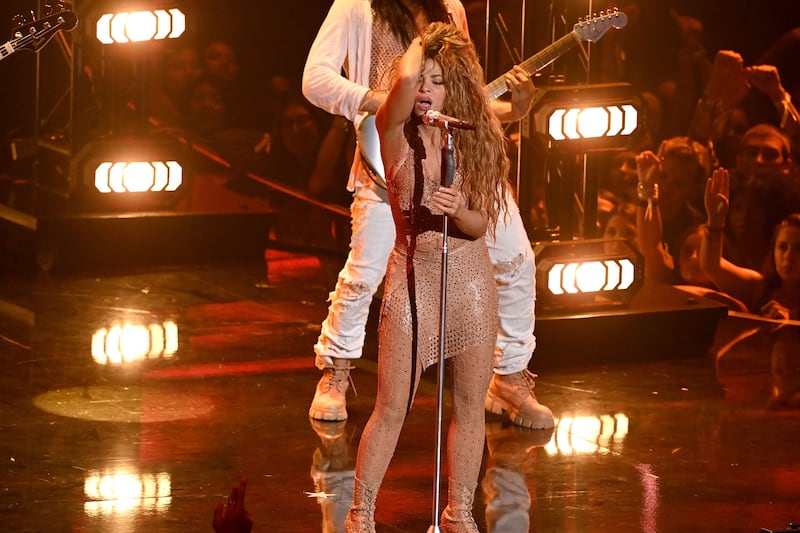A music fund that owns the rights to back catalogues by artists including Justin Bieber and Shakira has seen its shares plunge after scrapping its shareholder dividend payout and warning over lower-than-expected earnings from US streaming royalties.
Shares in Hipgnosis Songs Fund tumbled as much as 22% at one stage to an all-time low before settling around 11% down after it said it had “materially reduced” its forecast for industry-wide payments following a ruling last year by the US Copyright Royalties Board.
It said the decision, covering royalties paid to songwriters or rights-holders for music streamed between 2018 and 2022, means the firm will receive “significantly lower” payments, down from the 21.7 million US dollars (£17.9 million) initially expected to just 9.9 million US dollars (£8.1 million).
Hipgnosis said it decided to ditch its planned dividend, which could otherwise have seen it breach the terms of its loan agreements.
It is now in talks with lenders to avoid any further impact on its ability to comply with covenants.
Future dividends will depend on the “satisfactory conclusion” of these discussions, according to the group.
The fund was launched on the London Stock Exchange in 2018 by chief executive Merck Mercuriadis – a former manager of Sir Elton John and Pet Shop Boys – alongside Nile Rodgers of Chic.
Mr Mercuriadis has built up a large catalogue of songs since setting up the fund, but earlier this year it agreed a deal to sell 29 music catalogues for 440 million US dollars (£362 million) as it said shares were undervalued.
But eyebrows were raised among some investors who believed the price was too low.
Russ Mould, investment director at AJ Bell, said: “Sadly, its 15 minutes of fame has gone up in smoke amid accusations of poor corporate governance, a disastrous attempt to sell some assets at a big discount to a private fund which its adviser also manages, and now a dividend crisis.
“Investors will decide the future of Hipgnosis Songs Fund at a continuation vote on 26 October.
“It’s not looking good, given how the value of the company continues to decline and now it isn’t even paying a dividend – shocking given how income was meant to account for a key part of investment returns.”




